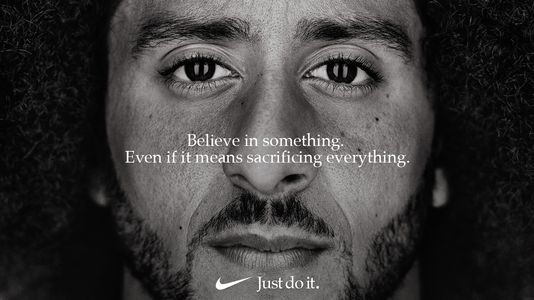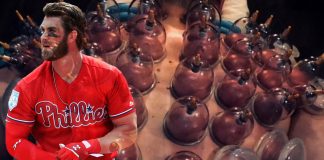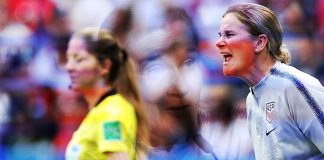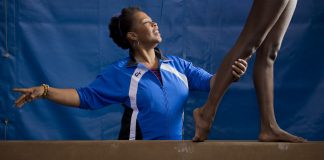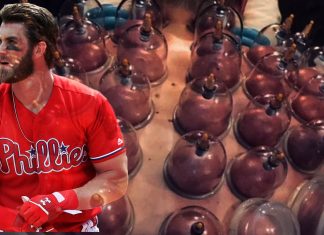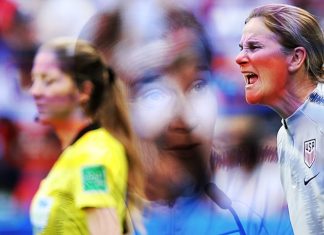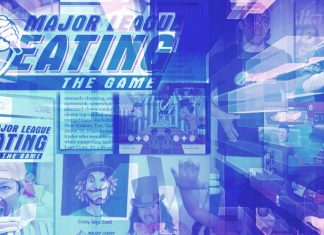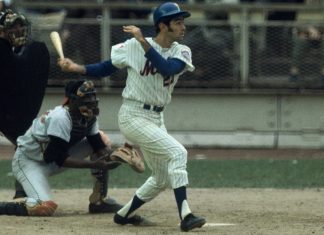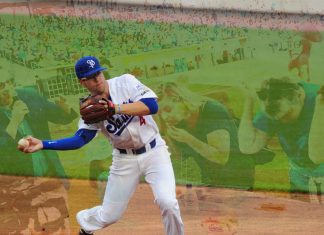Well, it seems our cousins up north have beat us to the punch once again.
Socialized medicine, stronger workplace protections, improved maternity-paternity leave for workers—to name a few, and now legalized recreational marijuana.
Canada is now the largest country in the world to legalize cannabis—reshaping the discussion around legalization here in the States.
Of course, officials on both sides of the border have warned cannabis connoisseurs not to get too comfortable with it.
The message: Don’t cross while carrying.
Reminiscent of our prohibition era, which saw barrels upon barrels of Canadian whiskey come across the border under cover of night in the caring hands of organized crime, will American’s see a flood of bootlegged THC/CBD?
Probably not.
In fact, legal marijuana sales reached a high of $9.7 billion in North America, a 33 percent increase from 2016, according to a recent report from Arcview Market Research and BDS Analytics.
Though, anything is possible with Beauregard Sessions heading up the Department of Justice (DOJ) and leading a one-man crusade to outlaw cannabis once and for all.
But we’re not here to talk about ‘ol Beauregard and his pet projects. Instead, we’re here to look at how the different leagues view marijuana use through their testing and suspension policies. While none of the majors openly endorse its use, even for medicinal purposes, some take a much more laissez-faire approach, allowing players to easily skirt the rules, as long as they’re not openly flaunting it.
The reasoning behind the different approaches is anything but scientific, and often has to do with a number of factors unrelated to the drug itself. In some cases, it’s the relationship between the league and the players’ union when the policy was written. In others, the policy reflects the public’s attitude and perception of the league. And finally, in leagues with the harshest testing and control policies, attitudes towards marijuana can be linked back to the demographics and makeup of the league itself.
So, with all that in mind, let’s take a look at how the major leagues and players unions approach the recreational use of marijuana and as an alternative, medical treatment.
MLB:
When it comes to smoking weed in baseball, much like the game, it’s all a matter of timing. Depending on what stage your career’s in, it’s either heavily tested and restricted, or a soft slap on the wrist.
“Major League Baseball players and Minor League Baseball players are treated differently [in regards to the drug policy] because Major League Baseball players are members of the union.”—Greg Bouris, former MLBPA communications director.
Here’s why Minor League Ball players get suspended for Marijuana use: “The differences between the [drug] programs stem from the fact that one was reached in a collective bargaining environment and the other was not.” –Michael Teevan, MLB communications rep
Under the MLB-MLBPA Joint Drug Policy players are only tested for drug use if there’s probable cause. Players who test positive for marijuana (over the 50ng/mL threshold) may be subject to a treatment plan and up to $35,000 in fines. They will only face suspension if they violate the terms of the treatment program, which is why several ex-players claim marijuana is Major League Baseball’s dirty little secret.
NFL:
Despite the noise made about suspensions to NFL stars like Josh Gordon and Le’veon Bell for smoking weed, getting away with it is actually much easier than you’d think, and these policies are likely what led to an estimated 89% of active NFL players smoking weed according to former NFL’er Martellus Bennett.
Players are tested once during the preseason, April 20 through August 9, and any rookie or veteran “desirous of signing a contract with an NFL Club” is subject to pre-employment testing, too.
Players who test positive enter “intervention programs.” If players test positive during each of the three intervention stages, unpaid game suspensions with repeated offenses leading to a possible lifelong ban from the NFL.
“I do think that issues of addressing it more in a treatment and less punitive measure is appropriate…I think it’s important to look at whether there are addiction issues. And I think it’s important to not simply assume recreation is the reason it’s being used.”—DeMaurice Smith, NFLPA exec. Dir.
“There are times of the year where your body just hurts so bad…You don’t want to be popping pills all the time. There are anti-inflammatory drugs you take so long that they start to eat at your liver, kidneys and things like that. A human-made that. God made weed.” Martellus Bennet, former NFL tight end.
NHL:
Marijuana is not listed as a “banned substance” in the NHL-NHLPA joint drug policy. The league doesn’t condone the use, but does not discipline players who test positive for it. Drug testing occurs each season at random with only one third (no less than 200 payers) selected. All results are sealed and confidential. Players aren’t identified - regardless of the results
With the recent legalization of weed in Canada it’s been “an item discussed internally” and its “possible that the NHL and NHLPA could come to an informal understanding about marijuana usage among players in the league in the future.” Don Fehr, NHLPA executive director.
NBA:
The league has arguably the most stringent policy when it comes to marijuana testing. The NBA’s prohibition of pot has a somewhat controversial history, but both ex-commissioner David Stern and current Commissioner Adam Silver are coming around on legalization. As it stands, NBA players are the most likely to be caught, due to testing practices.
Players are subject to four random tests each season (Oct. 1 to June 30), and two random tests each offseason (July 1 to Sept. 30). Players testing positive must enter a substance abuse program after the first violation and receive a $25,000 fine for a second. A third violation leads to a five-game suspension, with the league adding five more games for every following violation.
“My own view is that there are substantial signs that support its [marijuana’s] efficacy and the value that it has for us, especially pain management,” NB Players Association (NPBA) Executive Director Michele Roberts
“The obvious future is that marijuana will be decriminalized probably throughout the country in short order.” Michele Roberts, NBPA Exec. Dir.
WNBA
Like their NBA counterparts, the league has some strict rules when it comes to marijuana testing, too.
Players are subject to up to three random tests each season and one each offseason. Players testing positive for marijuana must enter a substance abuse program after the first violation and receive a $3,000 fine for a second. A third violation of the policy leads to a three-game suspension, with the league adding three more games for each following violation.
MLS
And finally, there’s professional soccer, which has the vaguest drug policy.
The league doesn’t list substance threshold limits and conducts unannounced, random testing for all its unlisted prohibited substances. There is no set limit to the number of tests per year for any player.
“Discipline for Players for substance abuse and behavioral health violations (SABH) is separated into two categories: (i) discipline for violations of the SABH Policy that require entrance into the treatment phase of the SABH Program, and (ii) discipline for violations of the SABH Policy that do not require entrance into the treatment phase of the SABH Program. All discipline will be determined and imposed by MLS, in its sole and absolute discretion consistent with the SABH Program and the CBA. The degree of discipline shall depend upon the nature and severity of the violation.”
The outline of what penalties or fines players may face are nonexistent within the policy or collective bargaining agreement between the league and players union.
“They test us randomly throughout the season. You show up one morning and you’re told, ‘It’s time to go get tested.’ There’s going to be a minimum of two or three times where they test the entire team,” said former Timbers midfielder and union rep Peter Lowry, you test positive for any kind of illegal substance, they can randomly test you and they can make you test every week for at least a year.”
Back in 2005, the league and players union agreed to follow the World Anti-Doping Agency’s (WADA) list of banned substance as part of their first CBA.
Each following CBA maintains those WADA guidelines, unlisted.
“There is no place in sport for performance-enhancing drugs,” MLS commissioner Don Garber said in a 2011 statement. “We continue to hold our players responsible and accountable for everything they ingest in order to ensure the integrity of our competition.”




